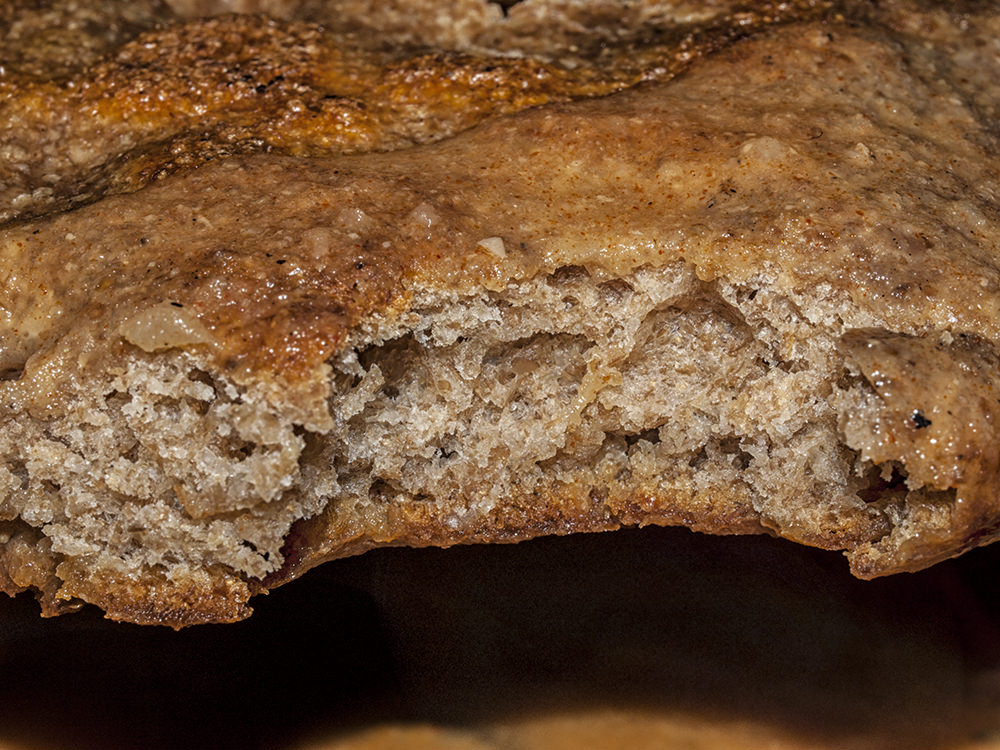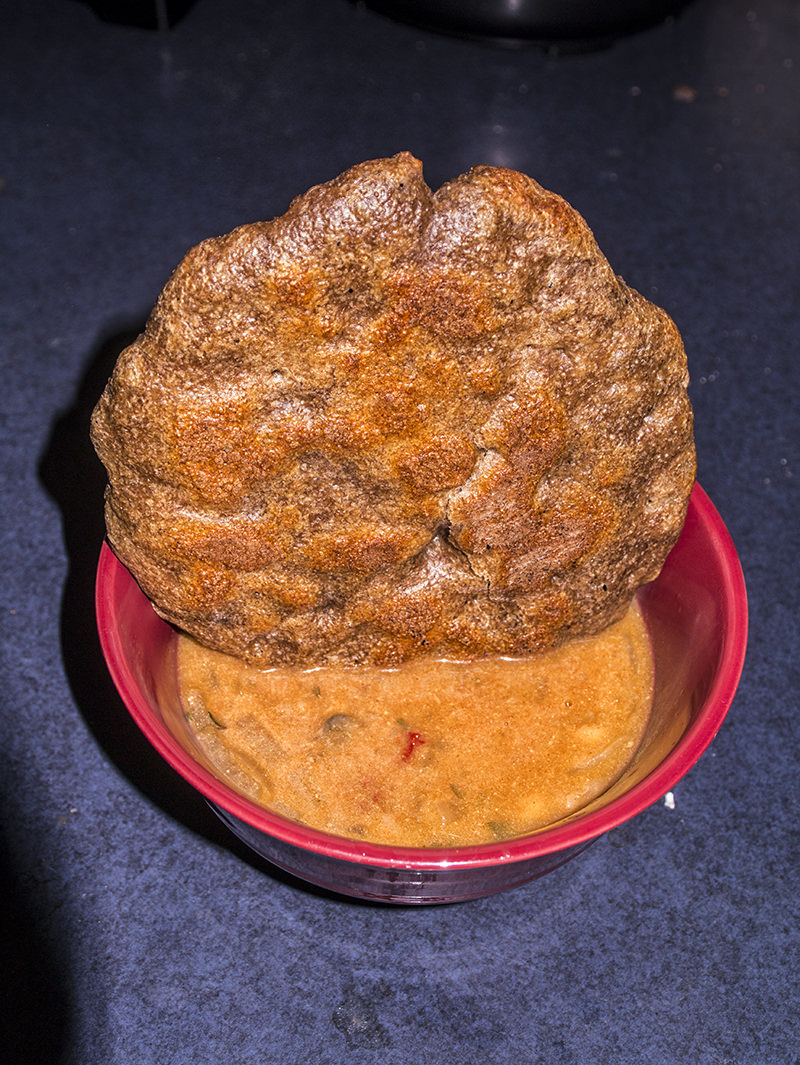I have two thoughts that I will add here today. I, too, like to make bread and have experimented a lot over the years. Additionally, my mother went to school with two brothers that became bakers and ran bakeries 12 miles apart. One of them became a mentor as a longtime customer at my barber shop and for 25 years I would ask questions and he would provide insight into the process.
There are two things that stand out in these discussions over the years:
1) The ash content in the flour can make a huge difference in the flavor of the bread. High ash content means BIG flavor. Each grain of wheat has seven
https://en.wikipedia.org/wiki/Flour different layers of flour. Of the seven layers there are two layers that have high ash content and they are called first clear and second clear flours. In baker supply terms most of the flour millers combine these two flours and call it some trade marked name such as Powerful Clear, et. al. Clear flour here in Minnesota is impossible to find on the retail market. I buy directly from bakery suppliers. It comes in 50 pound bags and at the bakery supply house you can buy 50 pound for about the same price as 10 pounds at the grocery store. Unfortunately these suppliers are usually located in major cities Here in Minnesota it means a 65 mile drive to Minneapolis.
2) this I learned from my Grandmother and the baker confirmed and added a comment. Grandma always heated the milk to the point that small bubbles start to form around the perimeter of the saucepan. These bubbles and steam rising from the milk are the indicator for when the milk is scalded. The scalding of the milk kills an enzyme that makes the bread crumb tender. The baker confirmed this and added that the process of making dried milk heats enough to do the same thing and is why bakers use dried milk ... it is faster than scalding gallons of milk and much cheaper.
If you what to learn how to make some really good old world or artisan type breads there are a number of books authored by a fellow named Peter Reinhart on bread baking. Peter's book, THE BREAD BAKERS APPRENTICE would be a good one to start with. Having baked using his books' processes I can attest to the quality of his writings and experience as a baker being excellent.
On a more serious side of things that perhaps only bread bakers and brewers can appreciate: When you are loading your muzzle loader adding some flour on top of the powder you will get the aroma of slightly burnt toast when you pull the trigger of your weapon. The sulfur will overpower it though.
Bread and beer use the same ingredients only different ratios.






